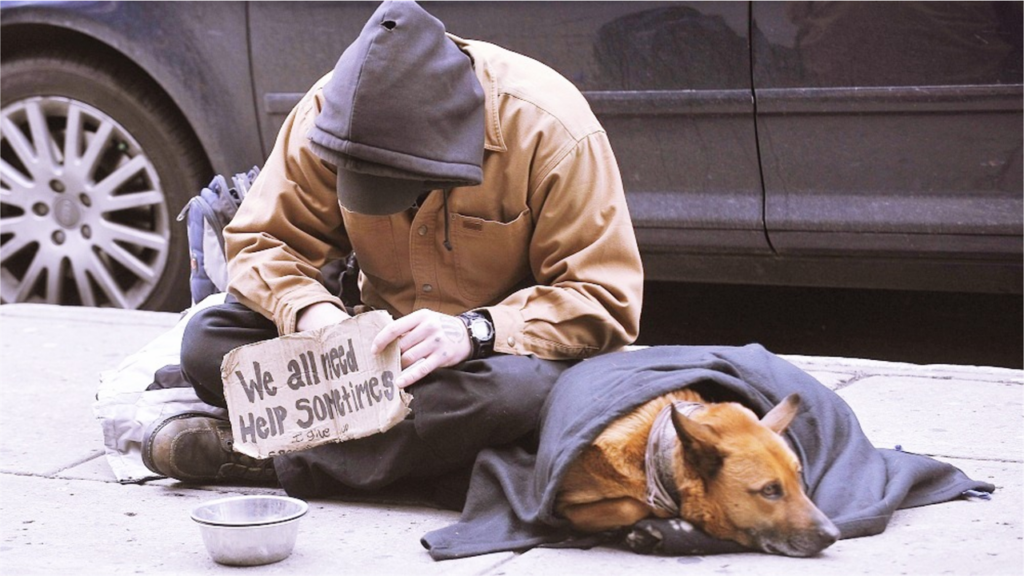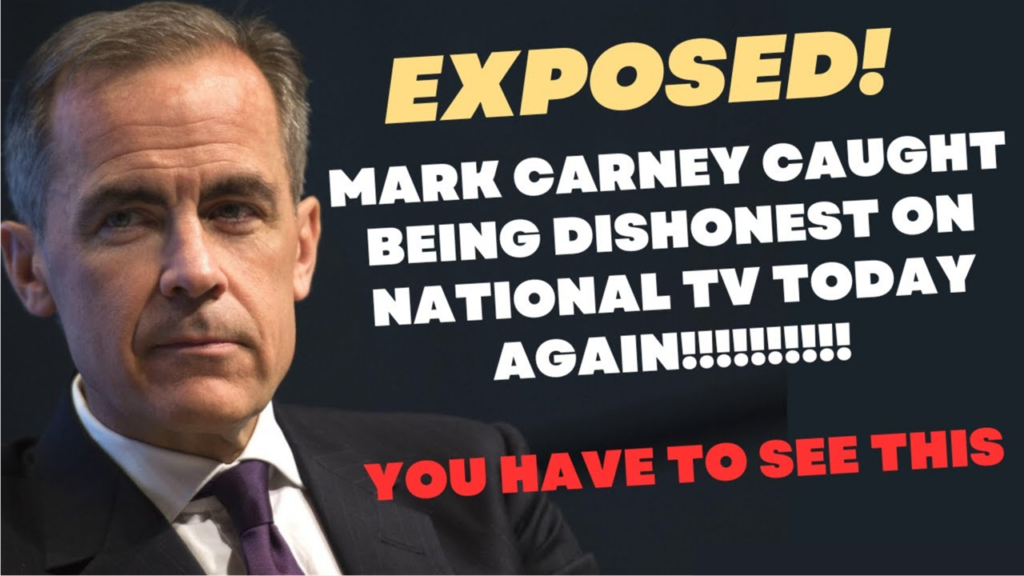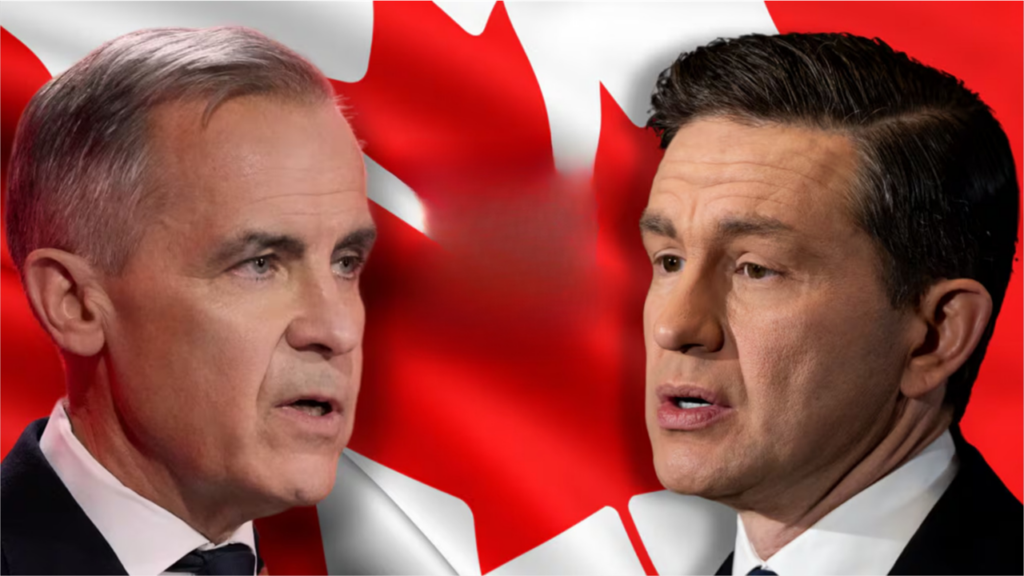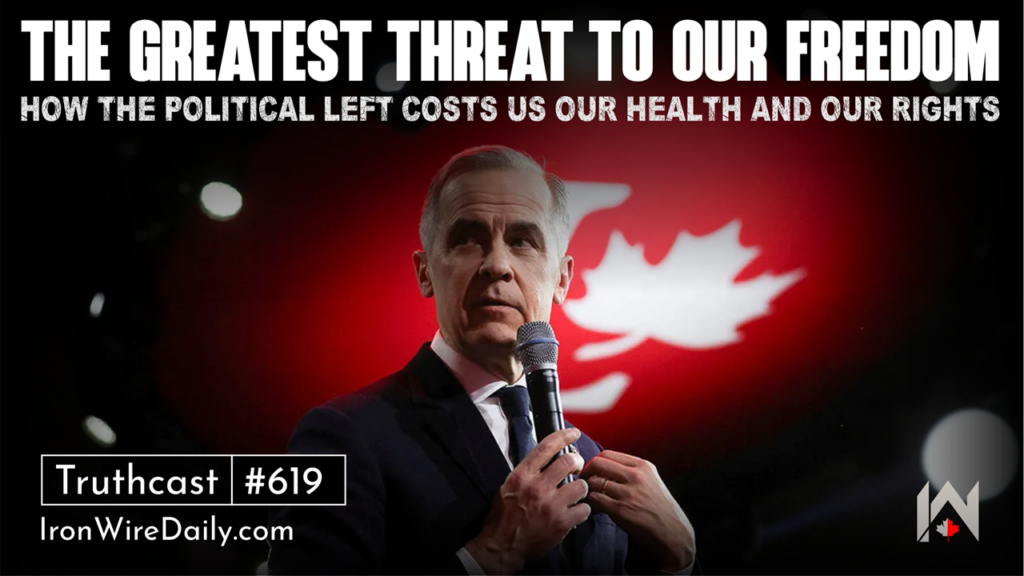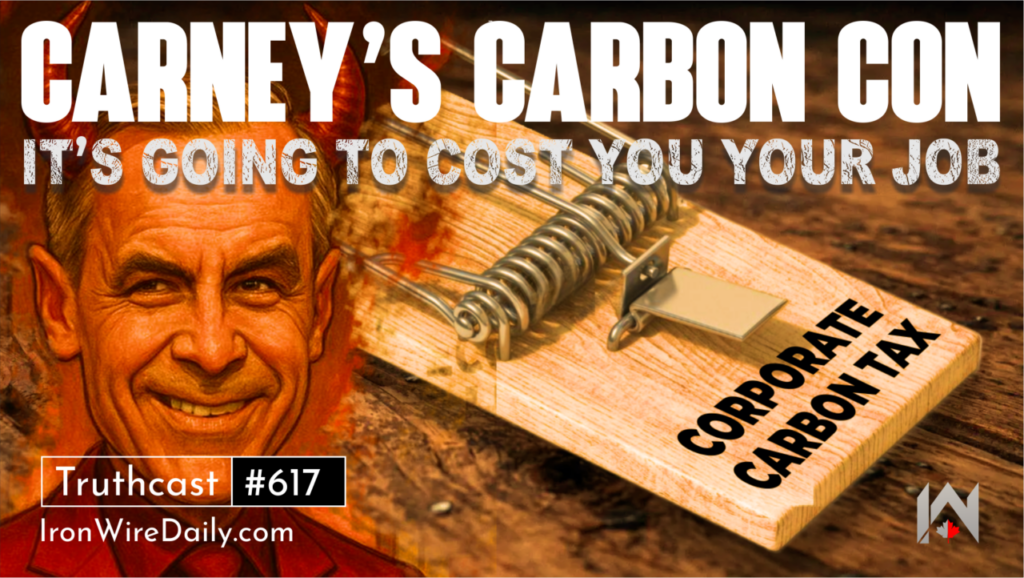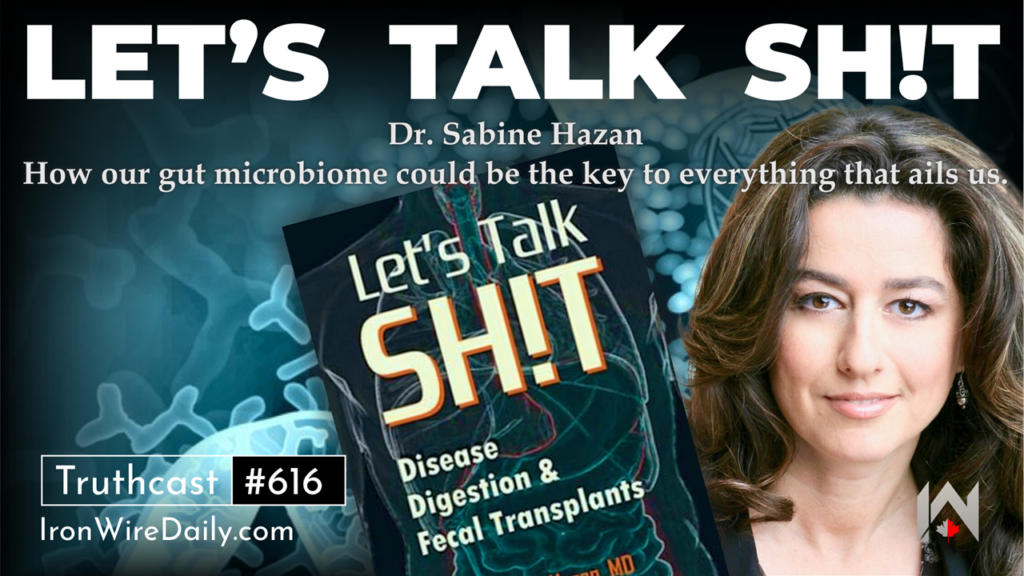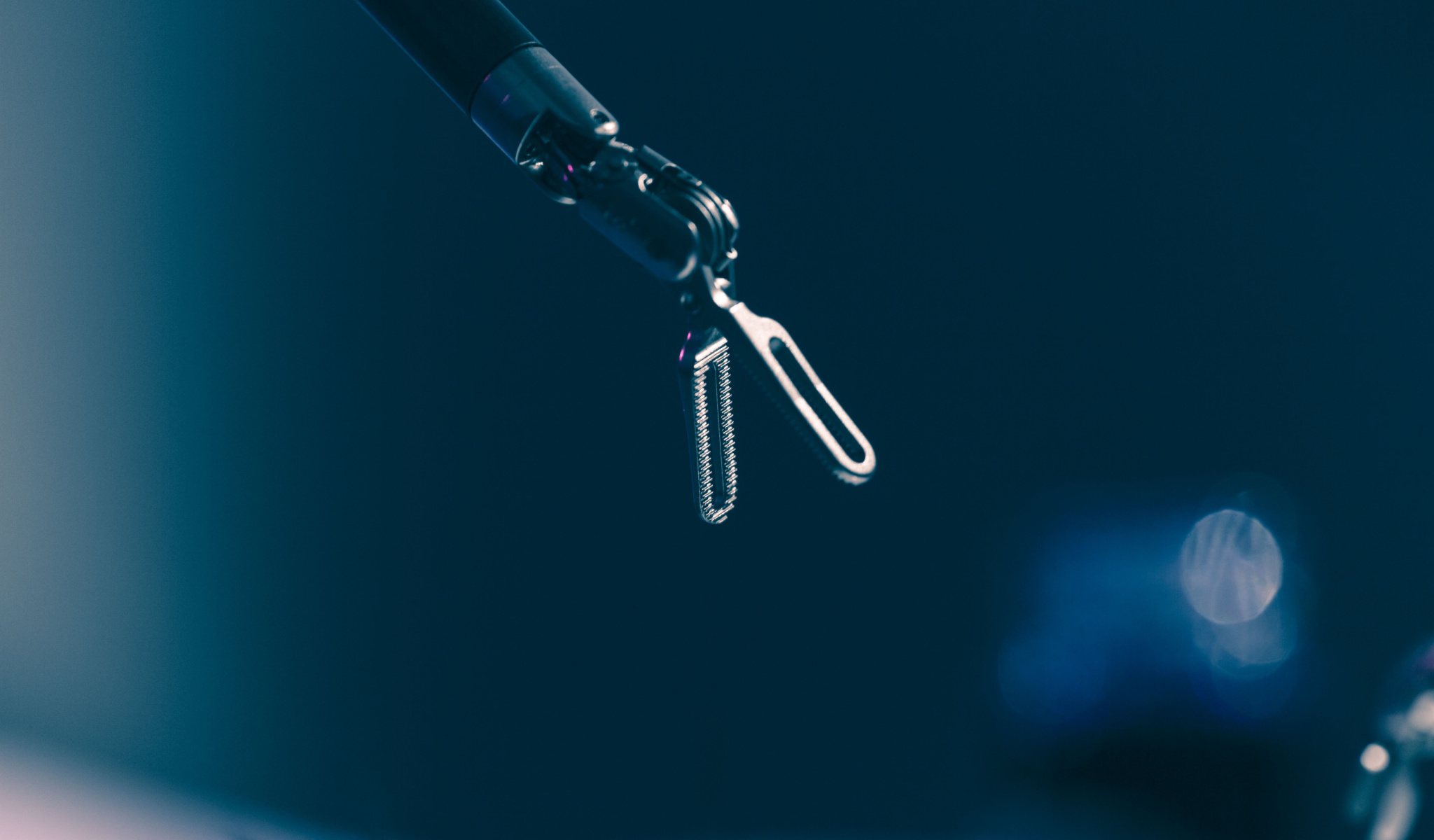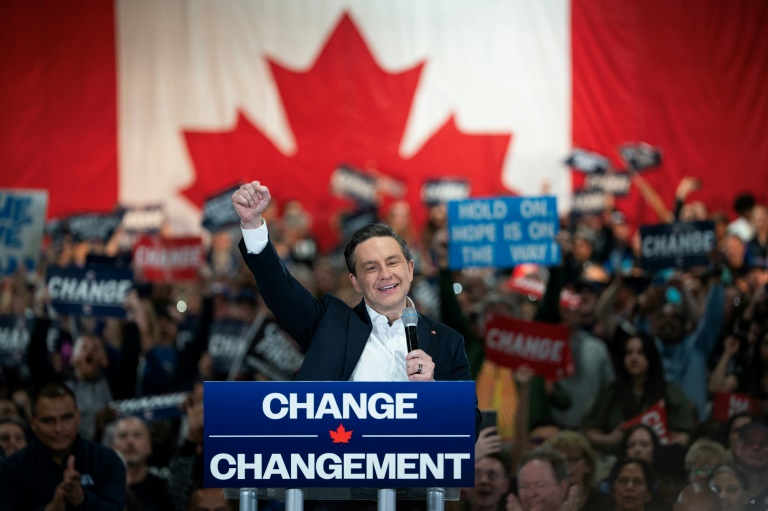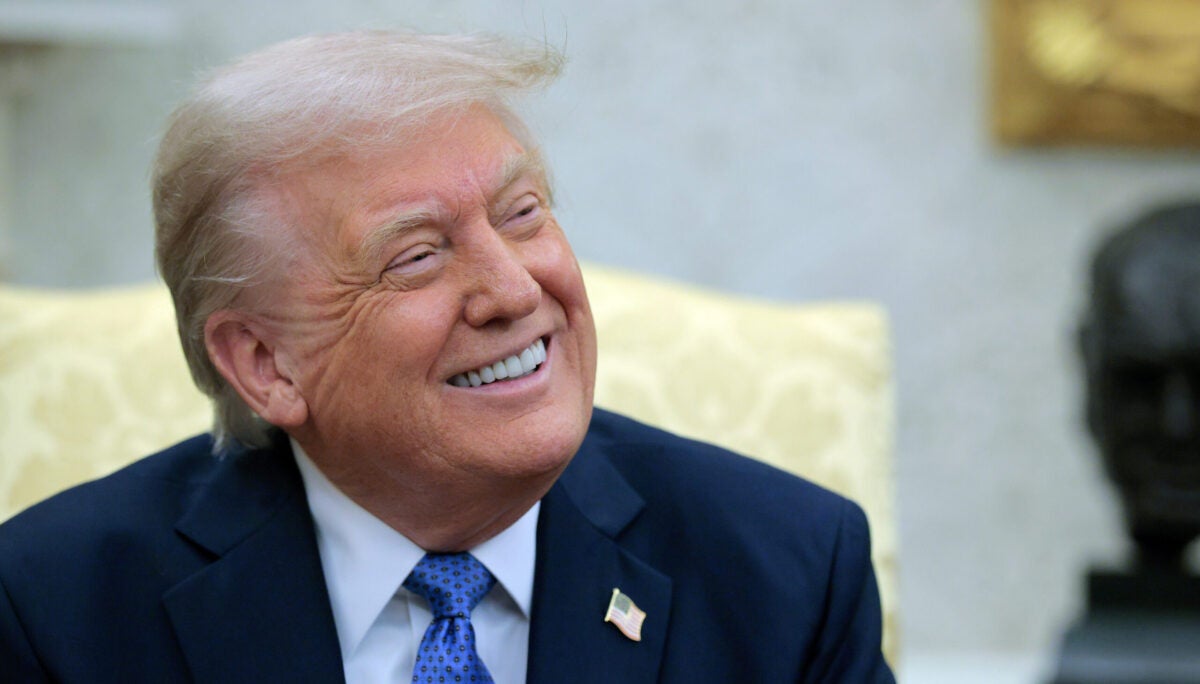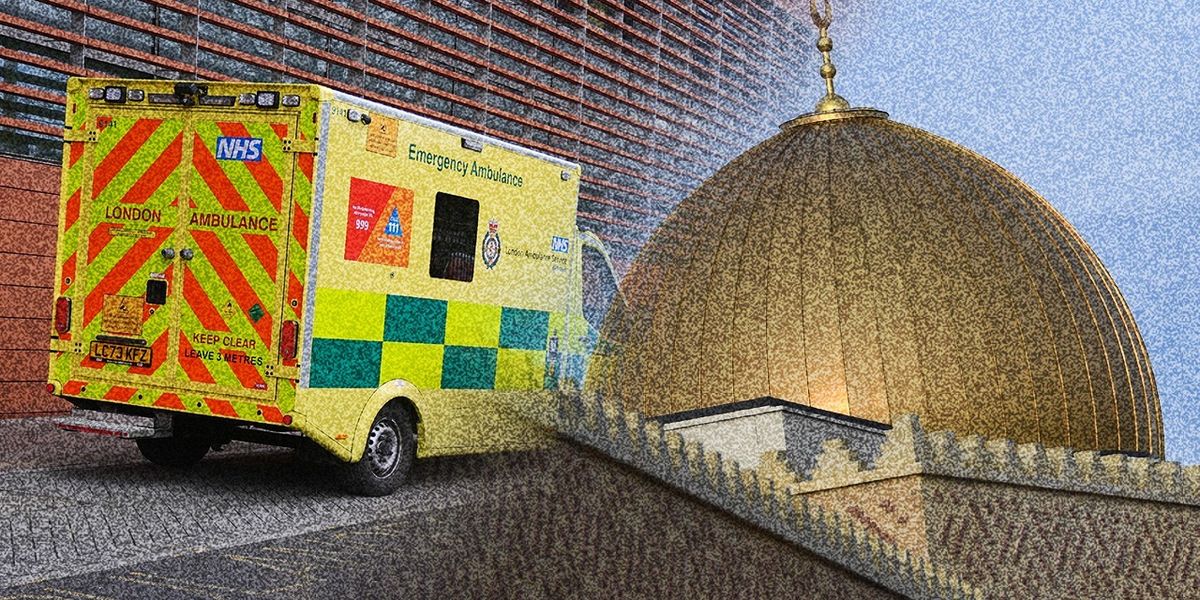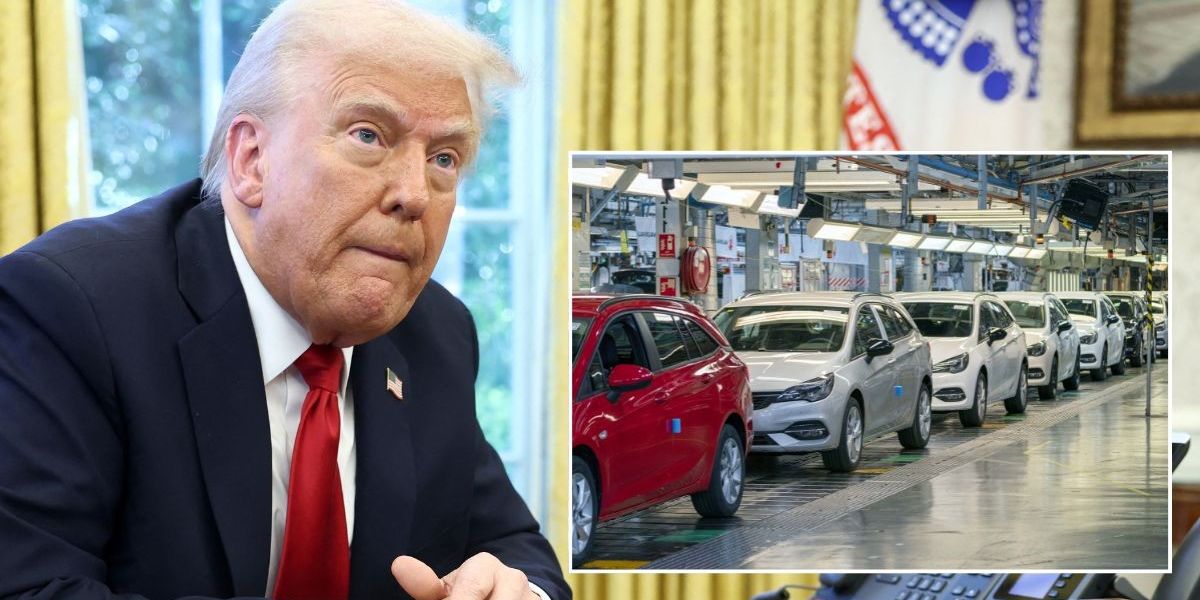US papal nuncio says ‘I don’t see any flaw in Pope Francis’ – LifeSite
VATICAN CITY (LifeSiteNews) — The Papal Nuncio to the U.S. has offered glowing posthumous praise of Pope Francis, saying that he did not see “any flaw” in the late pontiff.
Cardinal Christophe Pierre, the French-born representative of the Holy See in the United States, was created cardinal by Pope Francis in September 2023. Tasked with being the public face of the pope in the U.S., Pierre also has key sway in the appointment of American bishops and in enforcing the directives of the pope toward the episcopacy – as seen in his role in the removal of Bishop Joseph Strickland from his former Tyler, Texas, diocese.
Commenting on the death of the pope, Pierre painted a rosy picture of a flawless individual:
Honestly, I don’t see any flaw in Pope Francis. Yes, he was a human being, and the truth is, the attraction to the person comes from his flaws. But I never put myself as a judge. I liked him a lot. At times, maybe he trusted too much in some people, but this is not a problem.
Expanding on his praise, Pierre highlighted particular characteristics of Francis, saying that “his determination, his analysis, his answer to the challenges never changed. This is the Church I believe in. I was touched by that. I have no objections to him.”
Such a claim is notable, for even though Francis has been widely praised by the mainstream media, even many within the College of Cardinals have expressed unease about his governance and are keen to ensure a change from the past 12 years.
Summarizing the Francis pontificate, former Philadelphia Archbishop Charles Chaput wrote that “in many ways, whatever its strengths, the Francis pontificate was inadequate to the real issues facing the Church.”
Chaput presented quite a different character portrait than that presented by Pierre, as the archbishop pointed to Francis’ record on a number of issues, including the Second Vatican Council, his personality, and his governance style:
He had no direct involvement in the Second Vatican Council and seemed to resent the legacy of his immediate predecessors who did; men who worked and suffered to incarnate the council’s teachings faithfully into Catholic life. His personality tended toward the temperamental and autocratic. He resisted even loyal criticism. He had a pattern of ambiguity and loose words that sowed confusion and conflict.
In the face of deep cultural fractures on matters of sexual behavior and identity, he condemned gender ideology but seemed to downplay a compelling Christian “theology of the body.” He was impatient with canon law and proper procedure. His signature project, synodality, was heavy on process and deficient in clarity. Despite an inspiring outreach to society’s margins, his papacy lacked a confident, dynamic evangelical zeal. The intellectual excellence to sustain a salvific (and not merely ethical) Christian witness in a skeptical modern world was likewise absent.
Join Bishop Strickland’s novena for a holy pope:
During Pierre’s tenure as U.S. nuncio – a position in which he succeeded Archbishop Carlo Maria Viganò – he regularly used his position to air the current talking points of the Francis pontificate. Such a point is perhaps unsurprising given his role, but Pierre’s tenacity in ensuring he was seen as visibly loyal to everything Francis said or did went further than mere duty.
In meetings with the press upon his being named as cardinal, Pierre refused to speak with Catholic outlets with whose style he took issue, though was notably friendly with media outlets calling for the ordination of women.
Pierre was instrumental in the removal of Tyler’s Bishop Strickland from his see. Recounting details of the meeting that ultimately led to his removal, Strickland said that Pierre criticized him for not implementing the pope’s restrictions on the traditional Mass.
Subsequent testimony from the emeritus bishop revealed that Pierre reportedly told him to stop talking about the “deposit of faith.” Strickland later downplayed suggestions that the nuncio told him there was “no deposit of faith,” but reiterated that he had been often warned to tone down his teaching about the deposit of faith.
Though a nuncio, Pierre is also a cardinal – hence his presence in Rome for the conclave. He turns 80 next January and, as such, is a voting member of the conclave which will meet May 7 to elect a new Roman Pontiff.
